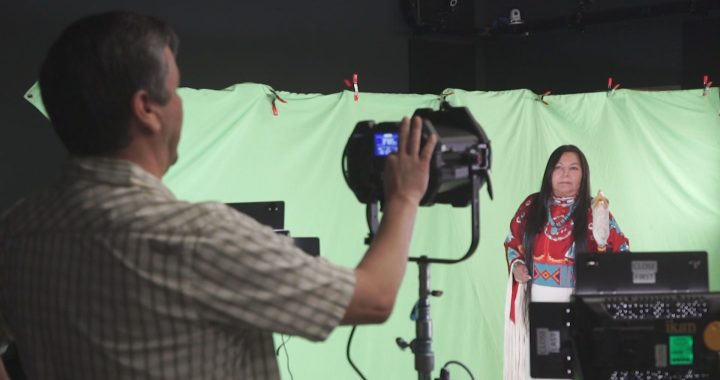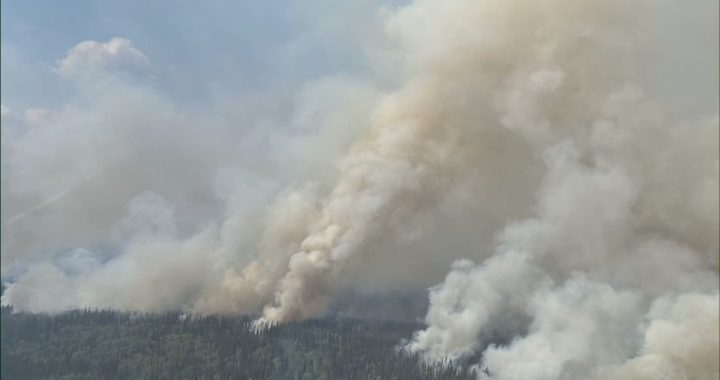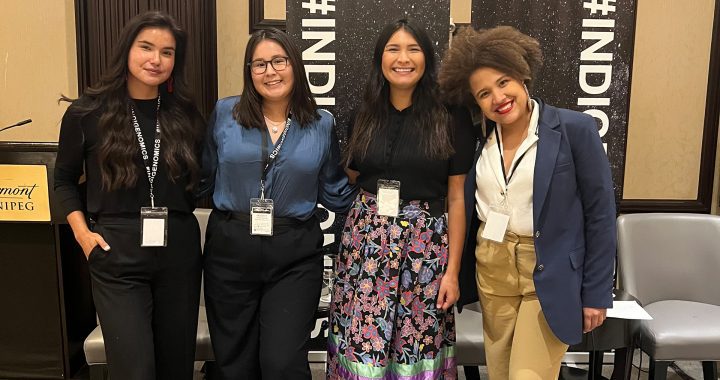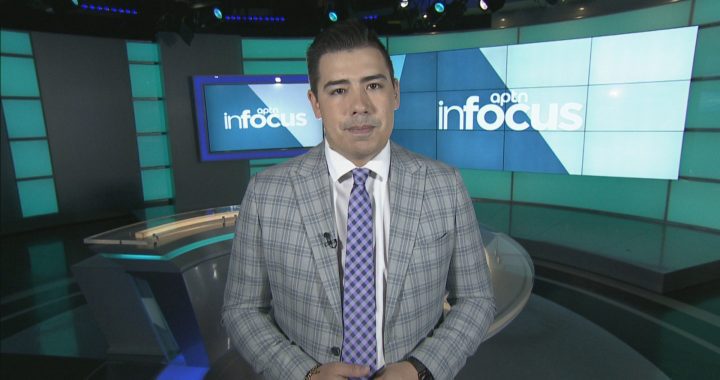Land acknowledgements have been growing in popularity in the past 10 years to the point they’re now at most events or gatherings. But while they’re common, some question if they’re useful in reconciliation or simply superficial platitudes meant to give the illusion of honour and respect for indigenous land and nations.
“It’s giving them language but it’s not meant to be set language,” said Shana Dion, assistant dean of First Nations, Metis and Inuit students at the University of Alberta.
She’s helped write many territorial acknowledgements and said the intent is more important than the words.
“It’s giving them language but its not meant to be set language. It’s built to be fluid enough so it resonates within yourself when your saying it, so that its not just words you’re reading from a script, but that it comes more from the heart.”
People unsure of how to properly offer an acknowledgment should research ones that have been given, find one that speaks to them, and give the acknowledgement from the heart, so it resonates.
“We don’t want people to just read from a script,” she said, adding these words can also give indigenous people comfort in a space that’s not their own.
Melissa Delaronde, a principal in the Seven Oaks school division in Winnipeg and said various acknowledgements being done daily at school embeds in children the importance of the land’s history and treaties that in some areas, were made on them.
“A lot has to do with really consciously ensuring the right, the proper and the correct history is taught to our children, so that they can be a part of reconciliation,” Delaronde said.
“In addition to the acknowledgements, we also have a sign in our school that says ‘we are proud to be part of Treaty One land’ so the students know with that acknowledgement, that we are all Treaty people.’
But as they’re used increasingly, some feel acknowledgements too often sound like lip-service.
Lynn Gehl, is Algonquin-Anicinaabe-kwe from the Ottawa River Valley and has written extensively about the rise in land acknowledgements and the purpose they serve, or don’t serve.
Gehl thinks it is positive that children are learning the importance of the traditional territory they are on, but there are issues with land acknowledgments in many contexts.
“To listen to Parliamentarians such as the Prime Minister constantly say that he wants to acknowledge that he is on unceded Algonquin territory, after a while the rhetoric gets to be a bit much,” Gehl said.
“The oral tradition is really important but if there is no action following it up, there is no integrity there, its not genuine, and its not reconciliation.”











